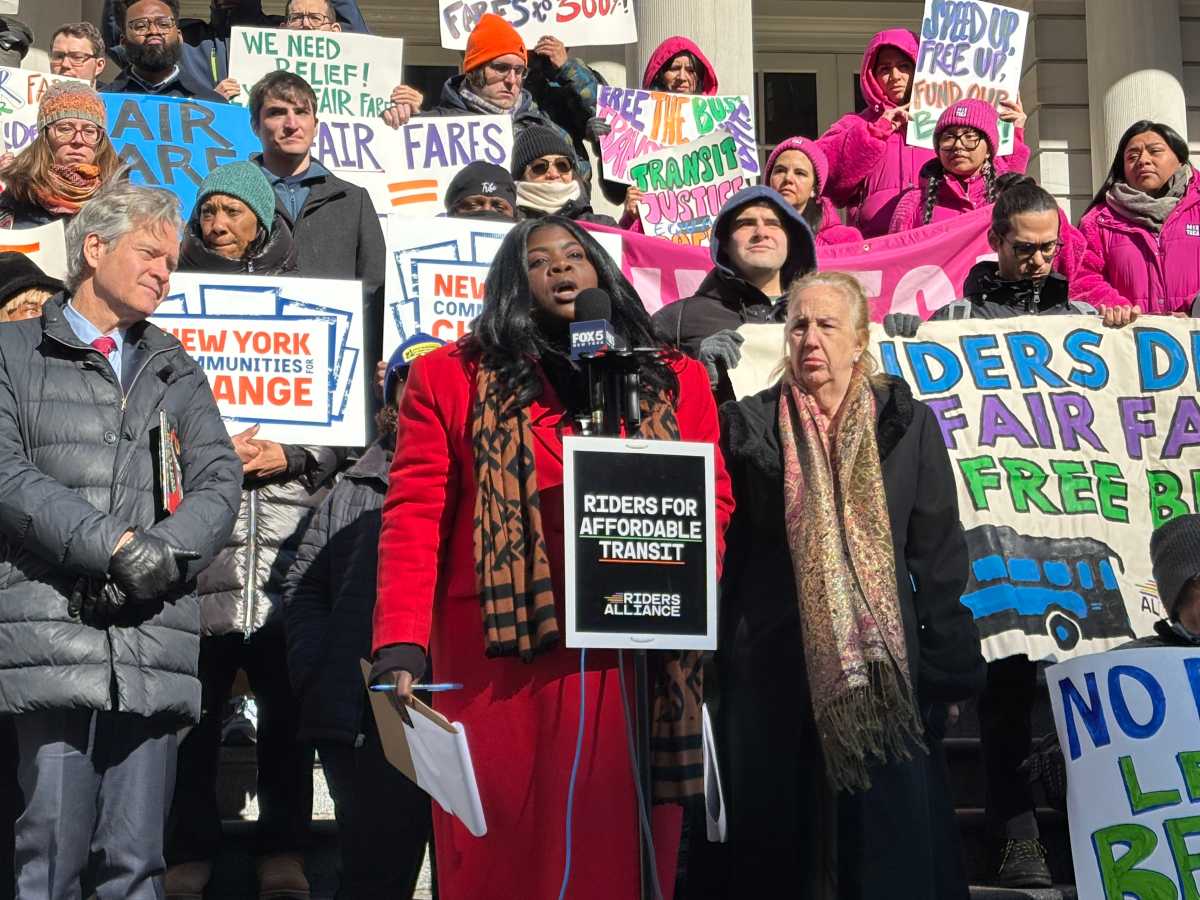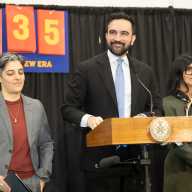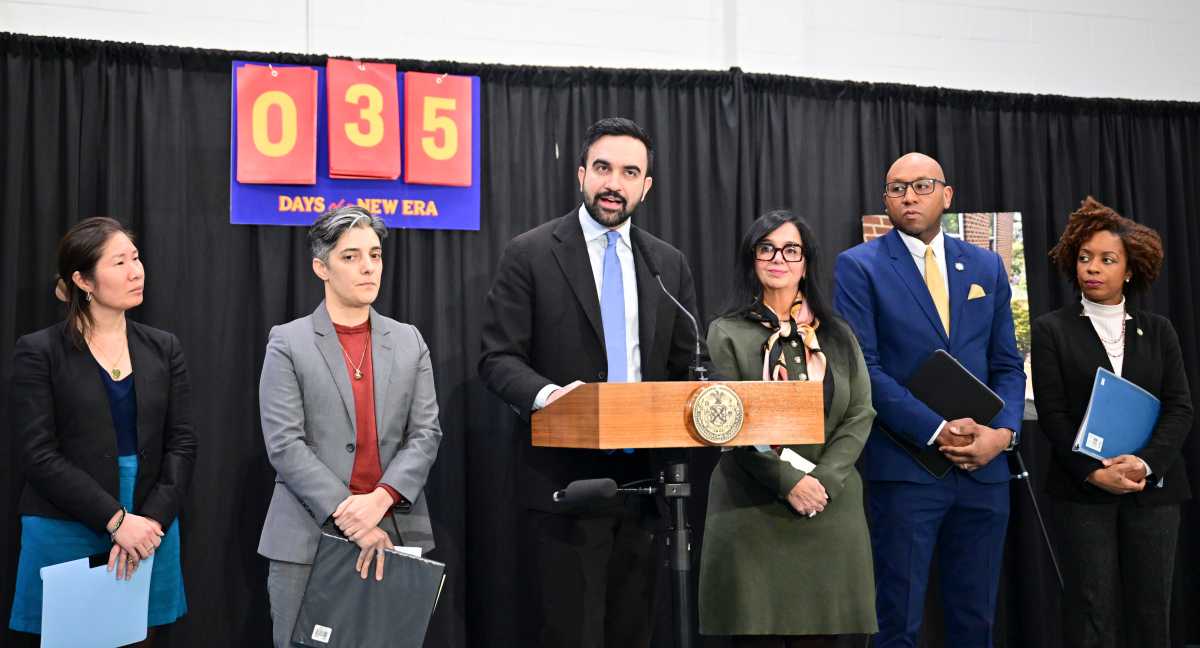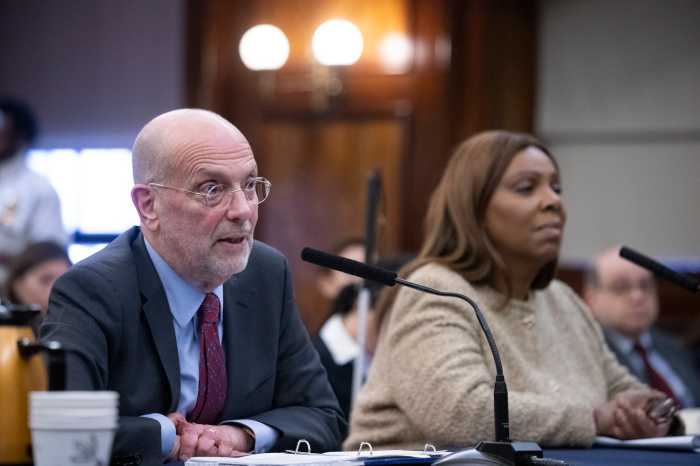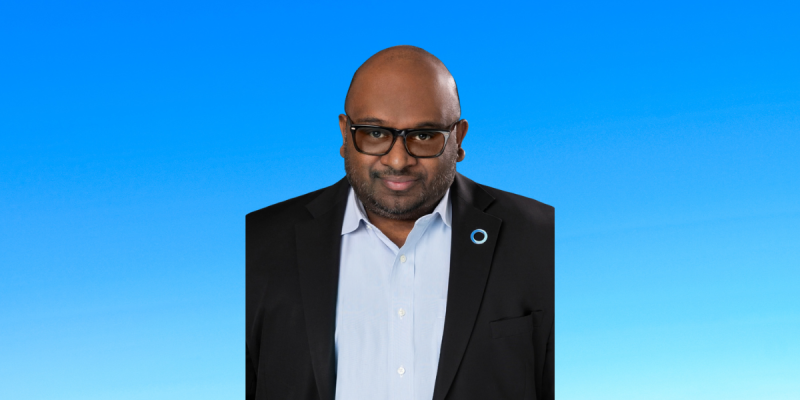Lawmakers continue to hammer out the final pieces of a roughly $124 billion budget that will increase spending by nearly 4.4 percent, and state leaders hope to announce a final agreement as early as Thursday, April 3, according to sources in Albany.
Queens Assemblymember Mark Weprin said on Wednesday morning that lawmakers were continuing to negotiate language and agreement on different items and that the Assembly was told they would begin doing more budget bills that afternoon.
“Education is really the hold up,” Assemblymember Jose Peralta said. “There is really no agreement on education.”
Peralta said he is optimistic that the Legislature could work out the rest of the budget by the end of Wednesday, and that the education portion of the budget might have to wait until Thursday. Assembly and Senate representatives were still apart on deciding the formula and how much money to allot for education, according to Peralta.
The previous day, lawmakers agreed on the healthcare portion of the budget, which accounted for $59.2 billion or roughly half of the state budget.
“We took an important step forward in transforming our health care system to lower costs, increase access and invest in primary and preventive care,” Governor David Paterson said in a statement. “I thank the Legislature for partnering with me to move the budget process forward. All parties are working together to finalize, as soon as possible, a fiscally responsible budget plan that best serves the people of New York.”
Weprin agreed that the healthcare portion of the budget made improvements, but he also acknowledged that there would likely be some groups upset.
“We restored a lot of the cuts to nursing homes and hospitals that were getting hurt,” Weprin said, although he acknowledged that some areas in the industry would see some serious cuts because of the state’s difficult economic times.
Officials had hoped to finalize the budget by its April 1 deadline after coming in on time the previous four years. Prior to that, the state budget was late for 20 straight years.









